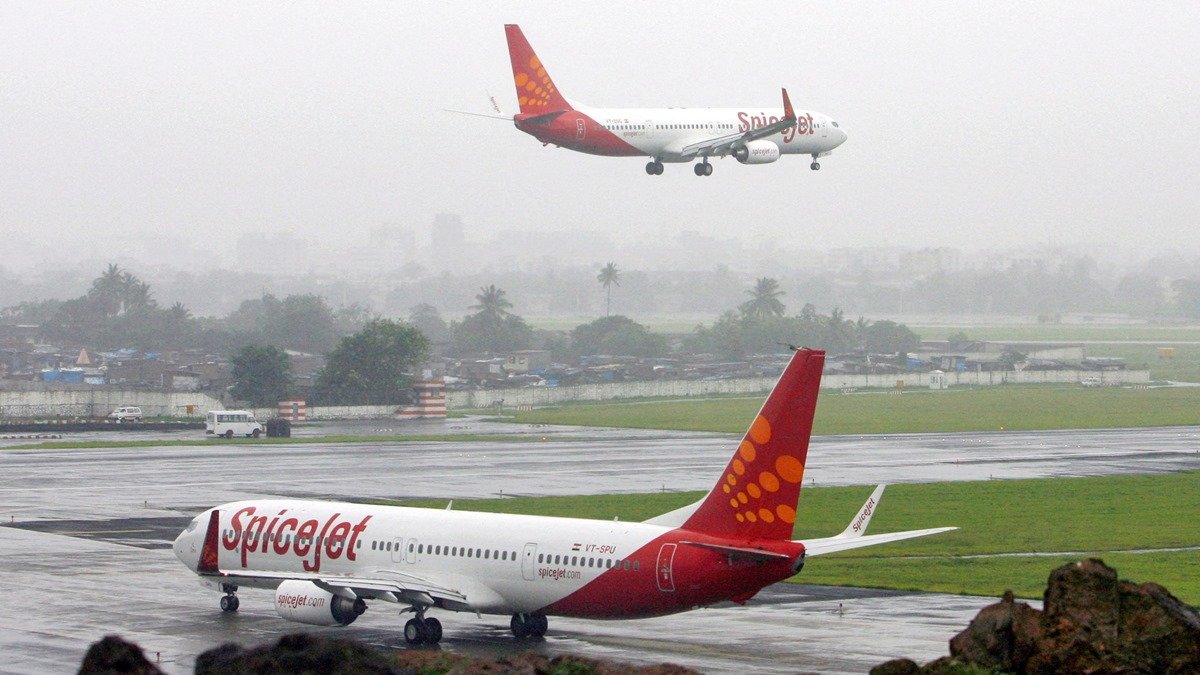SpiceJet’s Delhi-Bengaluru flight, SG 8151, has become embroiled in controversy as passengers faced a grueling 48-hour delay reportedly due to a shortage of pilots. The ordeal unfolded at Indira Gandhi International Airport (IGI) where frustrated travellers documented their experience on social media, highlighting overcrowded waiting areas and expressing dismay over the airline’s handling of the situation.
According to multiple reports, passengers were left stranded after SpiceJet cited a lack of available pilots as the reason for the extended delay. Videos shared online depicted the congested gangways and exasperated passengers awaiting updates from the airline. The incident has sparked widespread criticism of SpiceJet’s operational management and raised concerns about passenger welfare during such disruptions. A woman Passenger voiced her frustration on Twitter, detailing the distressing wait and demanding compensation for the inconvenience caused. She described how passengers were initially boarded onto the aircraft only to endure an additional two-hour delay inside the plane itself, exacerbating the already tense situation.
In response to the escalating crisis, SpiceJet issued a statement acknowledging the delay and attributing it to unforeseen crew shortages. The airline assured affected passengers that efforts were underway to resolve the issue promptly and minimize further inconvenience. However, with no immediate resolution in sight, the incident has underscored the vulnerabilities within India’s aviation sector, particularly regarding crew availability and operational contingency planning.
The incident comes amidst heightened scrutiny of airline operations and passenger rights, prompting calls for stricter regulations and improved transparency in handling such disruptions. As the aviation industry strives to recover from pandemic-induced setbacks, incidents like these highlight the importance of robust contingency plans and effective communication with passengers during operational challenges.
The plight of SG 8151 passengers serves as a stark reminder of the need for airlines to prioritize customer welfare and operational resilience, especially in critical situations that impact travel schedules and passenger experiences. Authorities are expected to investigate the incident further to ensure accountability and prevent similar occurrences in the future.




